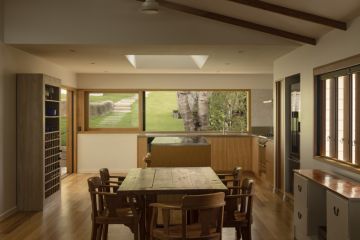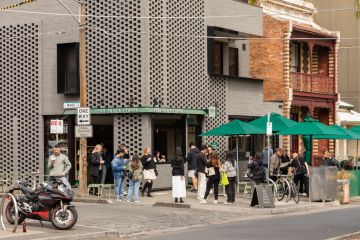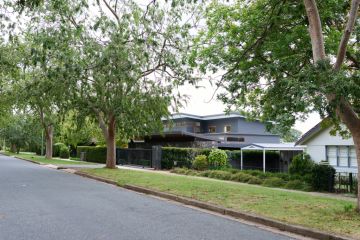Strata regulations and your first apartment

While a Torrens title is the norm for freestanding houses, apartments as well as townhouses and villas most commonly use strata titles. Regardless of whether an apartment is your first property purchase or a means of diversifying your property investment portfolio, it’s important to understand your rights and responsibilities in regards to owning a strata title property, before signing on the dotted line.
Here’s a brief overview of the top five differences of strata:
1. What are strata levies
When you purchase an apartment, you are technically only buying the space contained within the walls. As such, there is a lot of the property left requiring maintenance, and this is where strata levies come in. They can cover everything from building maintenance and repairs to cleaning common areas and gardens. The fees, usually paid quarterly, tend to be higher for complexes with a pool, sports facilities and playgrounds. Strata levies also vary greatly from complex to complex and can affect the resale value of the property, so be sure to factor this cost into your purchase price negotiations.
2. Sinking fund
The sinking fund is essentially a savings kitty used for future large-scale repairs and maintenance costs of common areas and the overall building, paid for through owners’ levies. This may include repainting, replacing fences, roof repairs or maintenance of lifts. Before buying a property, investigate how much funds are available in the sinking fund as a means of determining how well maintained the complex and its finances are.
3. Building restrictions
Strata property owners are restricted on the works they can do within their own property according to the by-laws established by the body corporate. Renovations that are structural (such as removal of walls) and affect the supply of utilities into the building or alter the roof are generally banned or may be granted permission via an application to the body corporate. Owning pets may require permission from the body corporate if there is currently a ban in place. There may also be restrictions on the types of blinds allowable on external windows, fencing and screening in gardens/on balconies and usage times for common facilities such as pools.
4. Common property
As previously mentioned, apartment owners only own the physical property within their four walls. The rest of the complex is called common property, which is effectively jointly owned by all apartment owners through the body corporate. This places restrictions on what you can do in these areas, such as hanging out washing, keeping pot plants, the use of visitor’s parking spaces and hosting parties.
5. State legislation
Legislative oversight of strata is managed at a state level, and as such there can be differences between the states and territories. Be sure to check out the office of Fair Trading in your state or territory for specific information and advice that is of relevance to the property you are buying. You’ll find the full list on the MoneySmart website.
Many people enjoy the benefits of owning an apartment close to a city centre, transport and employment hubs. Knowing the implications of a strata title on the cost and upkeep of that property will go a long way to ensuring your ownership is enjoyable and hassle-free.
We recommend
We thought you might like
States
Capital Cities
Capital Cities - Rentals
Popular Areas
Allhomes
More







